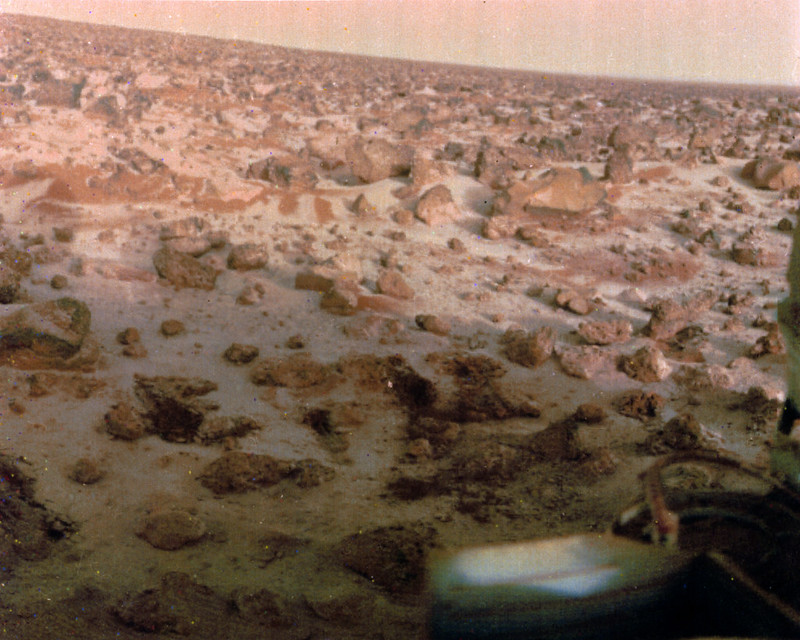NASA’s Perseverance rover is set to land on Mars next month, and its to-do list includes recording the first sounds from another planet.
We’ve been taking pictures and scientific readings from other worlds for decades, but of course this is the era of podcasting, so everybody’s doing audio now, even space missions.
One of the rover’s two microphones will record the sound the craft’s laser makes as it hits rocks, to help identify the rock type.
But the other will record the sounds of the landing on the Martian surface, and then any other sounds it can pick up.
On Mars, sounds will travel through an atmosphere that’s about 1 percent the thickness of Earth air, so scientists expect sounds to be a bit more muffled there.
The speed of sound is also slower on Mars, so it probably takes longer to hear noises.
And because so much of the atmosphere is carbon dioxide, higher-pitched sounds would be faint if they’re even heard at all.
Some scientists even think human voices would be lower and slower on the Red Planet.
Something to keep in mind if this mission eventually leads to the first podcast recorded on another planet.

There’s also been news lately about one of Saturn’s many moons.
Rhea has rings, like Saturn does, and new research suggests it’s covered in ice and the chemical hydrazine.
Scientists now think they know why: another moon, Titan, is emitting hydrogen molecules toward Rhea that end up as hydrazine after encountering that moon’s radiation.
Space is wild, isn’t it?
New Mars rover may collect first sounds recorded on another planet (UPI)
Saturn’s Moon Rhea Has A Mysterious Material On Its Surface (Inverse)
Cool Weird Awesome’s Patreon backers are the best backers in the whole solar system
Photo: Viking 2 landing site on Mars. NASA vis Flickr
Photo: Rhea, as seen by the Cassini probe, via NASA/JPL-Caltech/Space Science Institute

